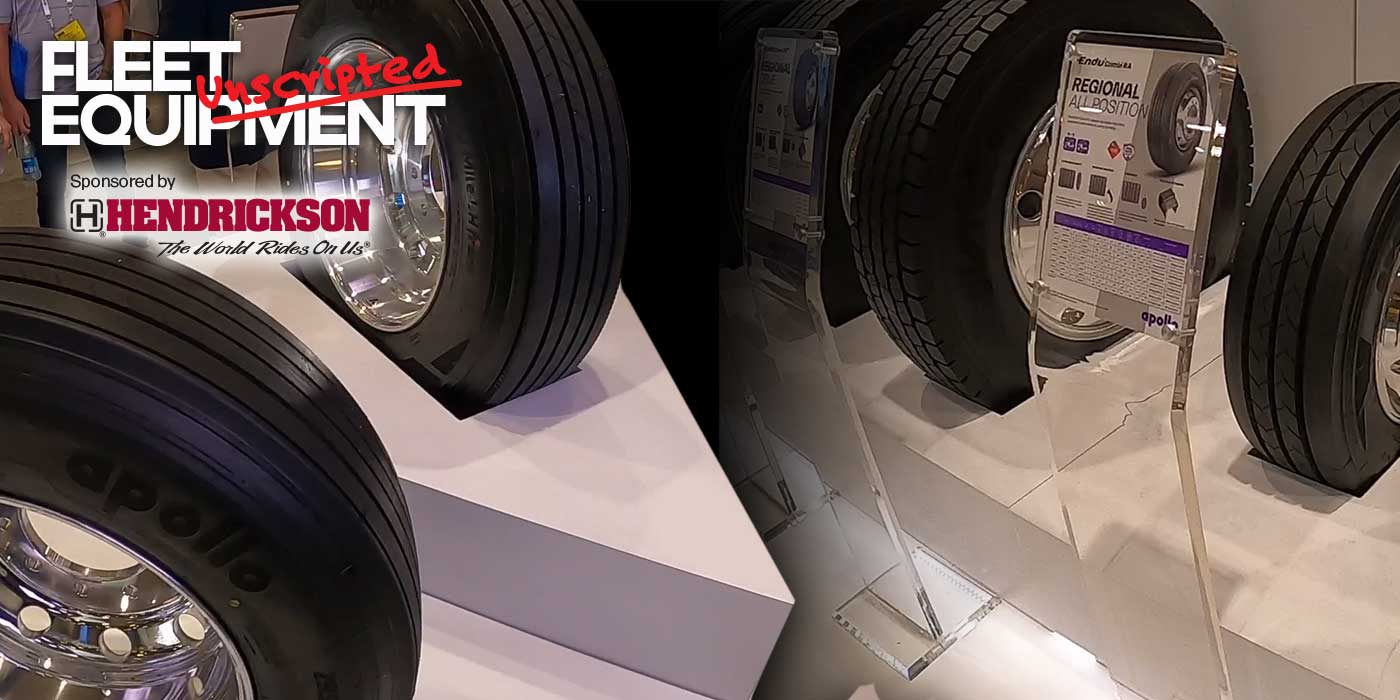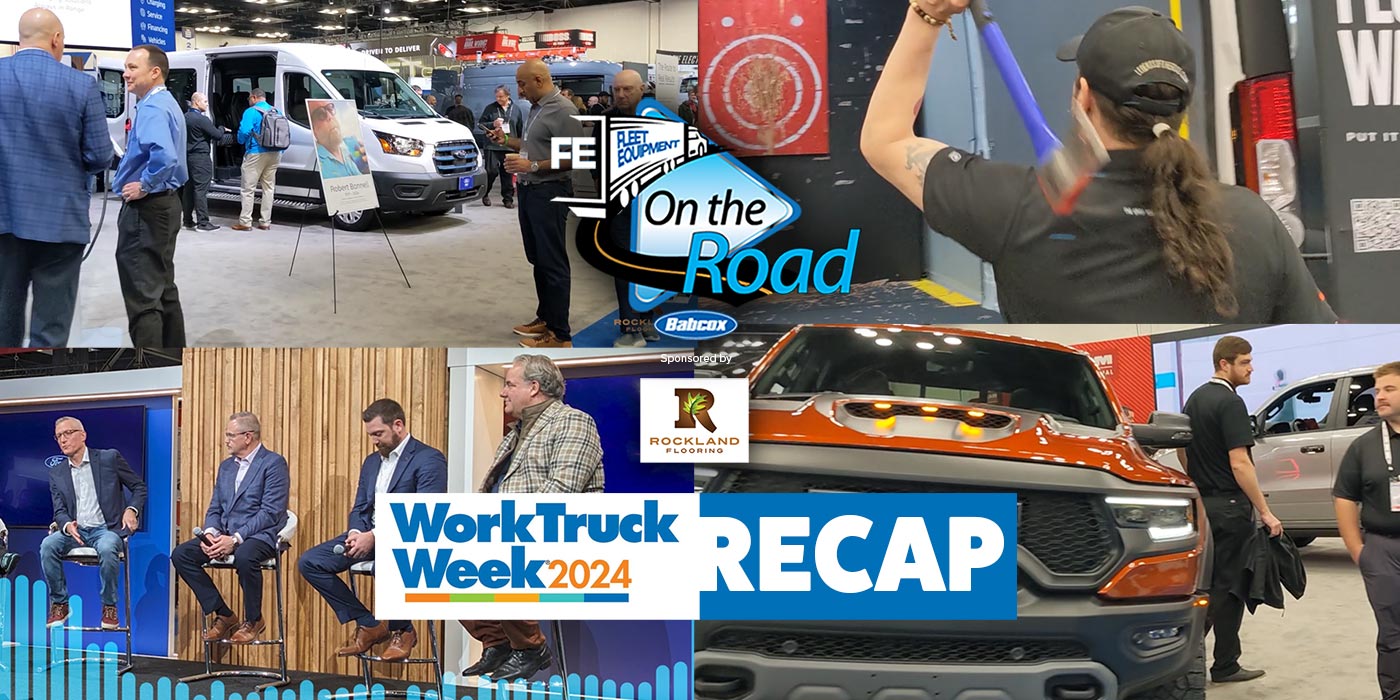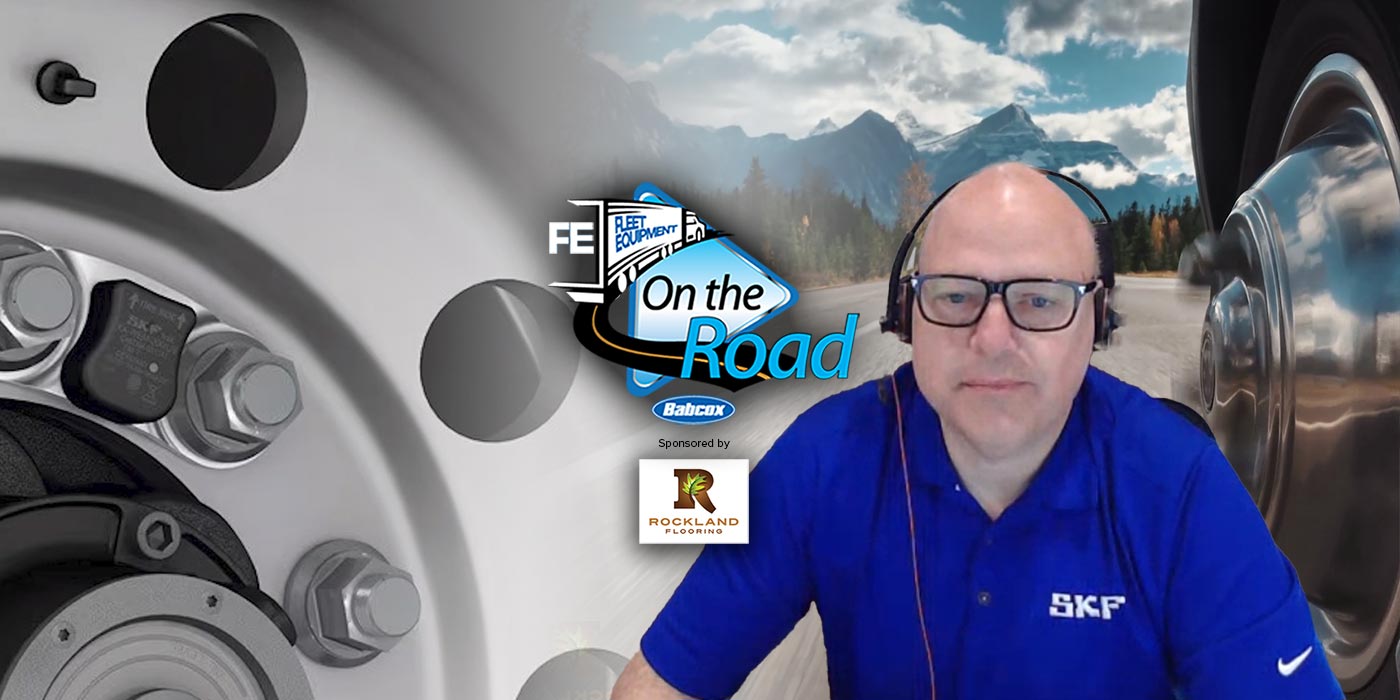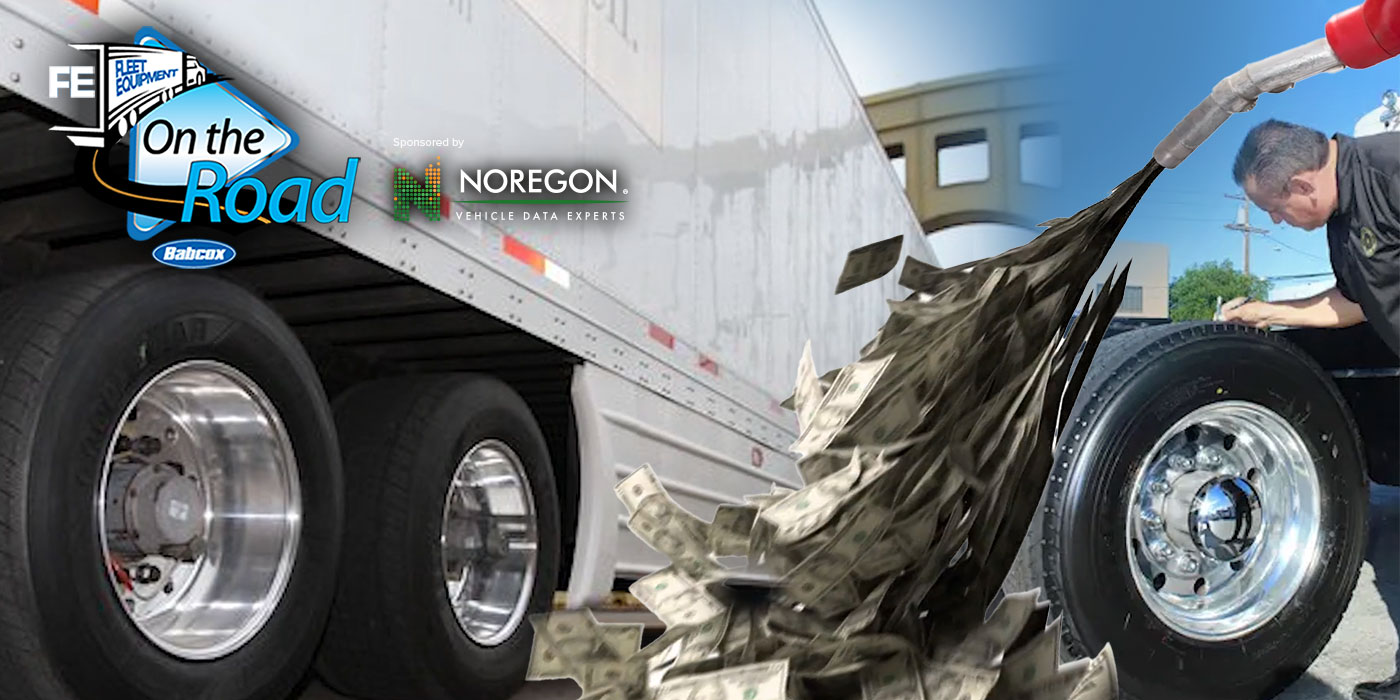What’s the scoop, you say? Use your senses, it’s this goop – goblets packed with greases, grails ladled to the brim with oils.
It seems I have research to do be I to follow through with my pledge to make my truck engines run like new – this all with a little help from some black goo. Perhaps I can pass on whatever I review to you, too?
Click here to watch more of FE’s On the Road video series.
Here is a transcript of the video:
API CK-4 and FA-4 oils were released in 2016, and you’ve likely heard a lot about them at the time, when they were known as PC-11. So, five years later, how widely used are these new oils?
It’s a bit of a mixed bag. While CK-4 is a direct upgrade of the previous CJ-4 category and has replaced it throughout the industry, FA-4 adoption has been slow. Given the performance benefit offered by API FA-4, it’s fair to say that collective lubricant and OEM industries expected greater growth.
Some speculate the main barrier to adoption has been the mix of fleet. If you look at the U.S. market as a whole, the number of heavy-duty trucks with engines approved for API FA-4 is relatively high. But in practical terms, if a fleet has 100 trucks but has just one engine not approved for FA-4, they will probably not adopt FA-4.
That said, the industry is seeing a notable uptake from those fleets that were early adopters of 10W-30. These are typically fleets accumulating high mileage per unit, which therefore have high fuel costs, and fleets with truck ages in the two- to four-year range.
Adoption rates aside, the oil companies report that fleets who are able to adopt these lower-viscosity FA-4 and CK-4 oils will likely see savings.
So CK-4 and FA-4 engine oils are great options today, sure, but what can we expect in the future? The ongoing quest for better performing, longer-lasting products has led to dramatically improved finished lubricants – CK-4 and FA-4 oils is an example of this. As new engines emerge demanding more performance for less emissions, new oils will emerge with them.
It is even possible we could end up seeing very low viscosities like 5W-20 in the years ahead. One of the largest costs for over-the-road fleets is fuel. If you can improve fuel economy by just 1 or 2 MPG, depending on fleet size, annual savings can be in hundreds of thousands, if not millions, for a fleet with 200 or more trucks.
The key will be to deliver these viscosities without sacrificing wear control—and at these low viscosities, that will likely require novel additives and formulating.













